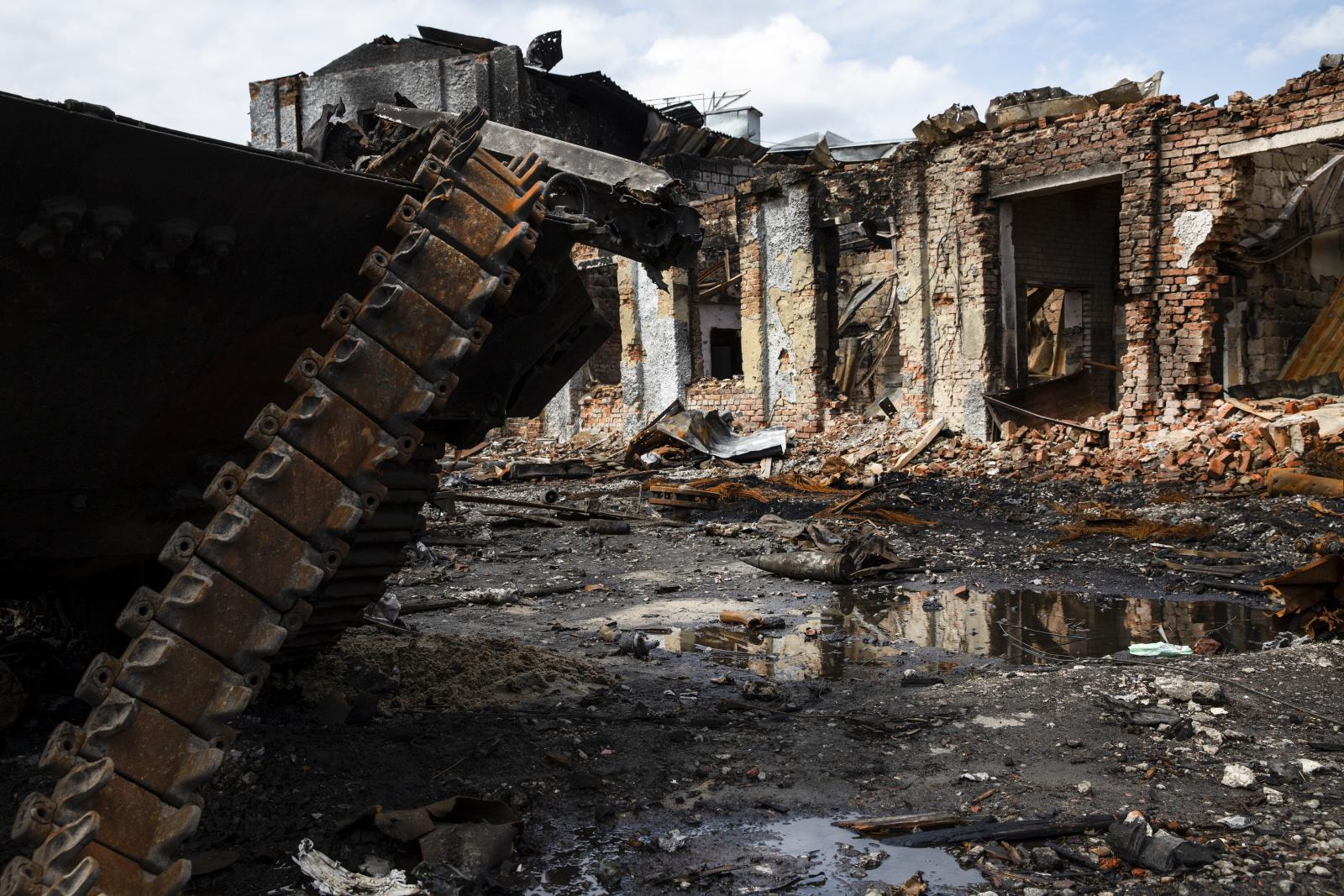Today, during the press conference held at the Italian Senate, the Gruppo 2003 for scientific research made a statement through its spokeperson, Dr Silvio Garattini.
The statement stressed that animal testing is still an irreplaceable must. Together with the Italian Senator, Hon. Elena Cattaneo and a number of other researchets, the Gruppo 2003 for scientific research found itself in the position to defend for the umpteenth time the rational values of Science from an animal rights initiative trying to impose a ban on animal testing.
Today, the Gruppo 2003 for scientific research reiterated the many reasons why animal testing is still crucial and beneficial to create new drugs and therapies. Severe conditions like HIV, Hepatitis C and many others which were fatal in the past have become either chronic (HIV) or curable (Hepatitis C) thanks to animal testing.
Dr Garattini stated: "By all means, it is not true that studying animals you cannot come up with findings that can be then applied to humans too. And, again, it is not true that alternative methods can substitute animal testing. The complexity of biological systems call for trials conducted using animal species.Creating further stumbling blocks to experiments on animals in Italy would translate into a widening gap between our Country and Europe - weakening the competitive potential of our biomedical research sector and its fundamental role".
We side with all the associations and researchers that have taken part in the press conference today calling upon the Italian Government and all political parties that truly care about Italy to support and facilitate policies with real vision - in line with European standards and with those Countries that are advanced in the field of scientific research.
For more information please log onto: www.gruppo2003.org www.scienceonthenet.eu www.scienzainrete.it


